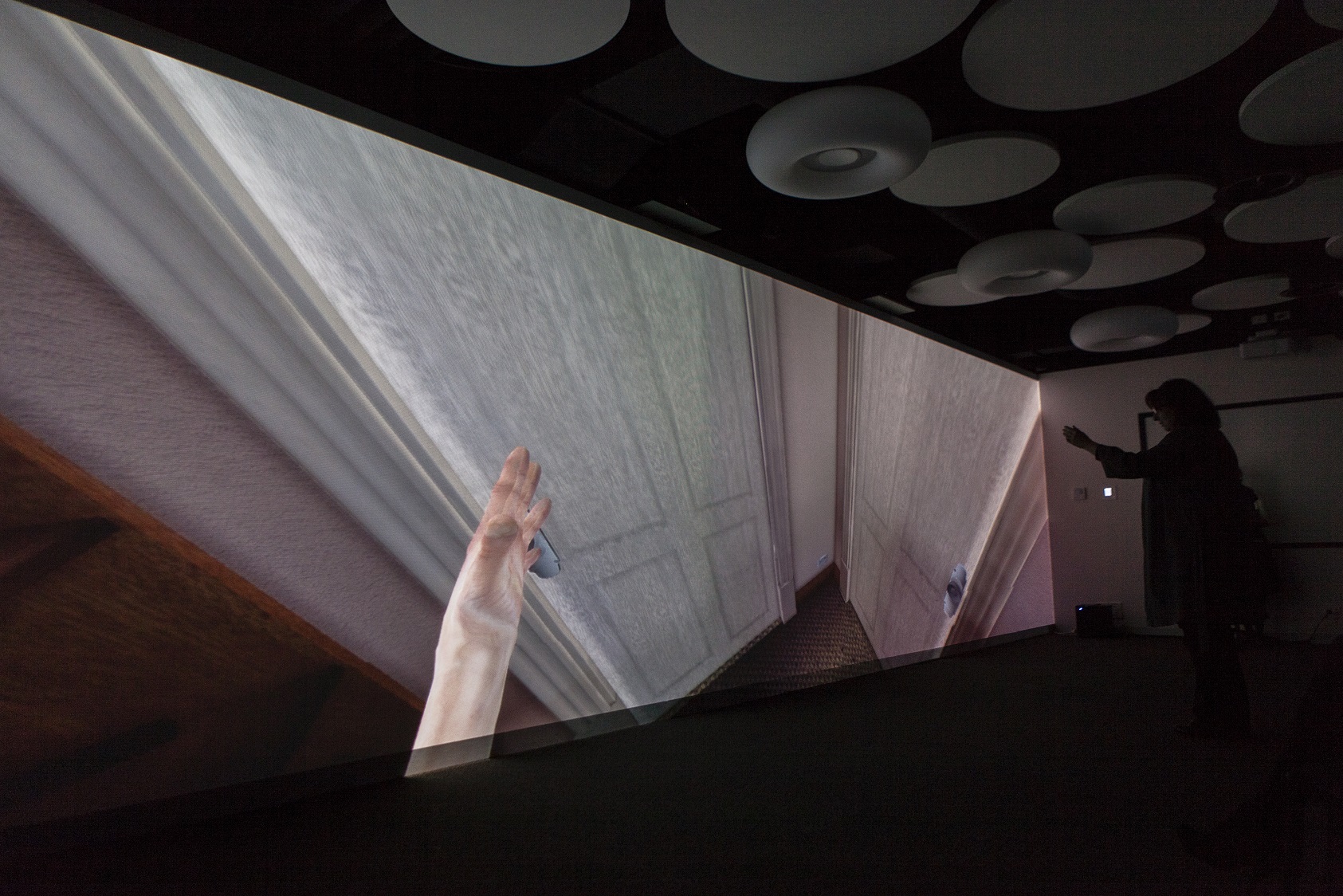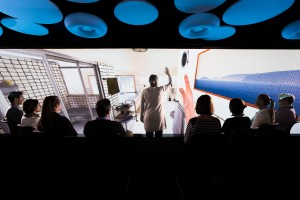
What might it be like to open a door for someone suffering from dementia? Virtual Dementia Experience
Alzheimer Australia fears young people do not receive enough help with care giving, as the numbers of people with the illness rises dramatically.
Laura O’Brien from support group intereach said there is no one else to turn to if the young carers burn out. “It is so important to recognise and take care of all carers as they are the backbone of the recipient’s family,” Mrs O’Brien said.
Some young carers look after their whole family by cooking, shopping or even showering and dressing their parent or sibling, as well as trying to juggle their studies.
Mrs O’Brien said she had seen many young carers needing one-on-one tutoring to catch up on missed school classes.
“It is essential that carers of people with dementia are supported to both manage the impact of a diagnosis and the significant challenges that 24-hour care can have on their lives,” said CEO of Alzheimers Australia Carol Bennett.
Results from a new study into family carers by Griffith University reveal care givers of all ages can experience thoughts of homicide due to isolation, with young carers being especially affected.
“If you’re caring for somebody 24 hours a day and you’re having to deal with all the challenges that go with that, being isolated from your friends and not being able to leave the house can have a huge impact on the sense of feeling trapped,” said Mrs Bennett.
In support groups such as those of intereach all around the country, young carers can share their experiences and find professional help for everyday problems they might face.
But as Australia faces a shortage by 2029 of 150,000 carers for people suffering from dementia, young people also need to be educated about how to best care for their loved ones.
Speaking at the Brainwaves Symposium at RMIT’s Design Hub today, Dr Tanya Petrovich talked about the Virtual Dementia Experience – a room that simulates everyday experiences of people suffering from dementia.
The two metre-wide screen on the wall shows places around the house such as a bathroom, and filters can be added to distort visual and auditory perception of the room.
This has helped many carers in Melbourne understand the terrifying feelings and experiences of their recipients, for example in the situation of bathing or showering.
“Actually experiencing that for five minutes and understanding that this is what a person feels like 24 hours a day has opened their understanding of why a person might become aggressive or agitated,” said Dr Petrovich.
The modern approach and design of the exercise have made it popular with carers of any age.
“There are many carers who are in their 20s or younger and who are studying and doing the caring on the side and this is a medium they really feel comfortable with,” said Dr Petrovich, joining Alzheimer Australia in stressing the heightened level of support that is needed for young carers.
“There are lots of changing symptoms associated with dementia throughout the journey of the condition and it’s a very difficult position particularly for a young person to be in when they are isolated from their friends and when they don’t feel supported in that role.”
More programs such as the virtual reality might prove vital in coming years as number of people living with dementia is set to rise to over 900,000 from 340,000 by 2050.
Anyone who needs counselling help can contact Lifeline on 13 11 14 or the National Dementia Helpline counselling service on 1800 100 500.






